Through the decades there have been some artists who built up a fan base and became famous with that style. Then after maybe ten years, they changed their approach to suit their own evolving tastes, regardless of the fans who bought millions of their albums. Progressive bands like
Rush and Pink Floyd are good examples of this genre shift. During the early two thousands, retro hard rock oriented bands like
Lordi, The
Devil’s
Blood and
Ghost came into vogue in Northern Europe. In twenty eleven through twenty sixteen,
Opeth changed their style from progressive death to retro hard rock of the late sixties and early seventies. They forsake the famous grim vocals and exciting death metal textures, which was their claim to fame, with three mild and mellow albums. Their previous album,
Sorceress, sounded like early
Deep Purple meets seventies era
Bad Company. It didn’t rock out so good, because half of the compositions were dull ballads. This current release comes with two CDs, one sung in English and the other in Swedish.
After the short intro,
Dignity, abruptly crashes out with choir vocals and intervals of strong bass hooks. The drums kick in with hard beats and the keyboard music scales up to the higher notes. Then soon there is a high note guitar solo, that wails with elaborate fret board work. All of a sudden the music turns tranquil with extremely soft guitar music. The vocalist very softly sings his lyrics in a counter-tenor voice. Then the bassist breaks out with a powerful rhythm and the vocalist shouts out his lines. Singer/songwriter/rhythm guitarist Mikael Ackerfeldt joined
Opeth in nineteen ninety at age sixteen as the bassist. He is a talented singer with a wide vocal range, although he hasn’t displayed any grim vocals in the last four studio albums. Mikael often sings with light and soft vocals resembling a falsetto. Sometimes he sings in his natural baritone voice very eloquently and the backup vocals add a lot of harmony.
Keyboardist, Joakim Svalberg, has played with progressive rock bands in Stockholm’s underground music scene. He performed on one studio album for
Yngwie Malmsteen and this is his third full album with
Opeth. Bassist Martin Mendez joined
Opeth at age nineteen, has been with the band for twenty two years and performed on their last ten studio albums. The sixth track, Charlatan, runs with a typical
Opeth structure where the rhythm chops up and down. The drummer beats along with melodic patterns and quick snare rolls. Then the bassist plucks out emphatic notes, while the keyboardist plays a curious melody that climbs upward and downward, sounding similar to music by Kraftwerk. Mikael sings with his soft falsetto voice; “who is god, what is god?” “I don’t believe in god.” “Do you believe in god?” About halfway in there is an intense bass solo played at a faster pace, with a mid Eastern texture.
The eighth song, The
Garroter, begins with late sixties styled guitar picking, which sounds similar to The Doors. The music soon carries on with slow tumbling piano music and symphonic music. Mikael sings eloquently, with a very tender approach. “Lone hunter in the fray of lonely fading light.” “A manifest for the garroter stuck to his plight.” Then there are dramatic interludes with champagne styled symphony music, sounding similar to Liberace. There is some wavering flute music, soon to be softly imitated by the electric guitars. The piano music becomes more flamboyant as the vocalist spills out his heart. “Ulterior motive, the grinning face of leadership.” “A selfish wish to control a nation in his grip.” Ackerfeldt plays the rhythm guitar and Fredrik Akesson plays the lead guitar.
Despite the presence of two guitarists, it is often unnoticeable behind the keyboard and bass music. On the acoustic guitars, they pick delicately and strum subtly. With the electric guitars, they play mild chords or sometimes high note whining and wailing solos.
Drummer Martin Axenrot joined
Opeth in two thousand six and has performed on their last five albums. He is also active with
Bloodbath, which released an album last year. Axenrot is a very skilled percussionist, with a large drum set, who shuffles with accentuating beat tone patterns. He uses the bass drums sparingly, crashes an assortment of cymbals, but he is absent during the soft musing intervals. The final number, All Things
Will Pass, starts with tranquil yet sharp guitar picking and subtle symphonic music. After a minute and a half the guitarists break out with heavier riffs and the drummer beats along with a hollow consistency. Then the music again alternates between the softer mellow arrangement and the harder interludes. Ackerfeldt sings softly with his falsetto voice; “
Rose of summer, withered times.” “Shadows fall on contouring rigid lines, far beyond a sleeping wish.” Then the guitarists whine out artistic melodies at midrange notes with some distortion.
In the early twenty tens, both
Heritage and
Pale Communion hit the Billboard Top 200 chart at number nineteen. In twenty sixteen,
Sorceress reached number twenty four. This current release, In Cauda Venemum, came up much shorter on the chart, at number fifty nine. So some of their fans are probably becoming bored with their change of style. Mikael says that he’s not in it for the money, but he wants to create timeless masterpieces of musical art. It looks like he’s out to prove that he is much more diversified than just a death metal artist. The lyrical topics concern corrupt monarchies, suffering citizens and the changing seasons as an analogy to their revenge. All of the lyrics and music were written by Ackerfeldt. The music is less like the hard rock style of their previous three albums and is moving towards the direction of symphonic progressive rock. There are some climaxes and long dull periods of emotionally mellow music.
In Cauda Venenum doesn’t sound as beautiful as
Borknagar, nor is it as exciting as their older stuff and it is an affront to the progressive death genre.

 Opeth : In Cauda Venenum
Opeth : In Cauda Venenum











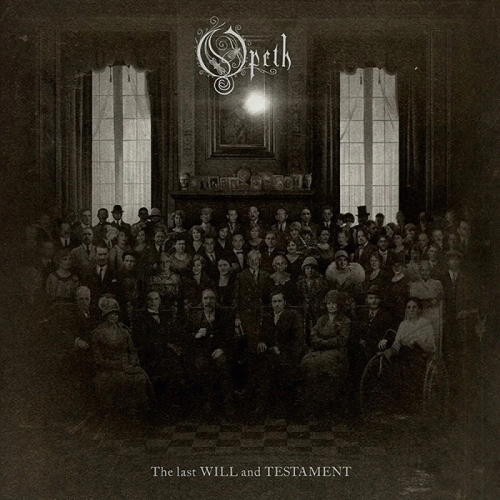

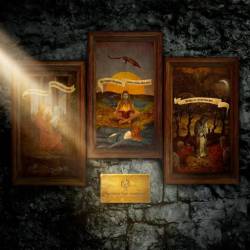

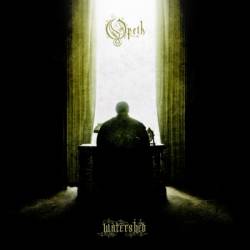
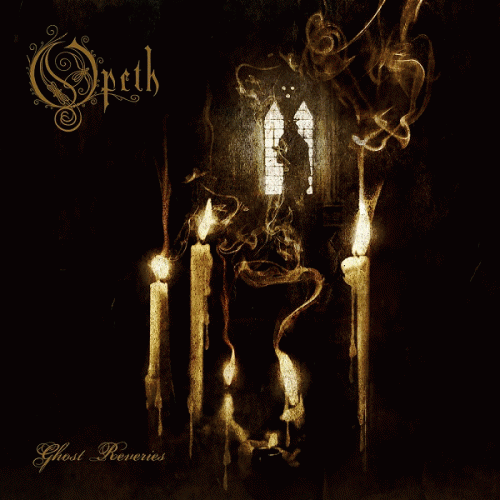
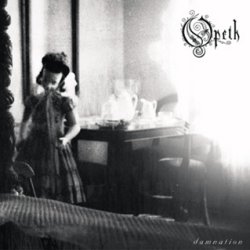
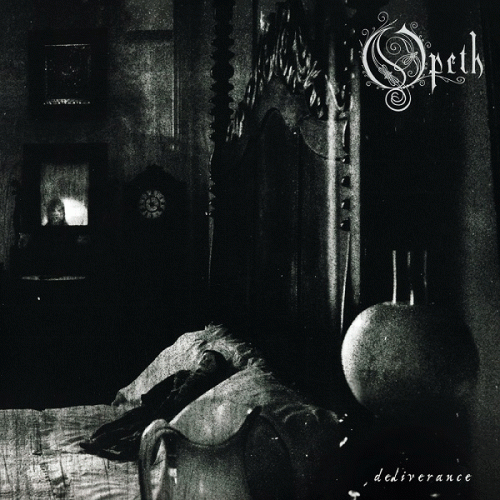
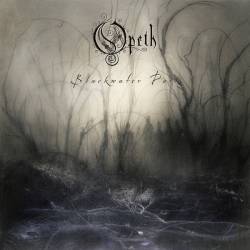
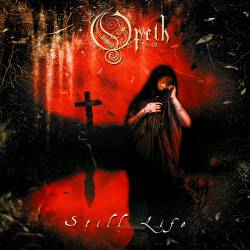
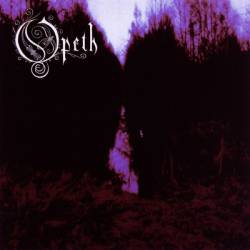
You must be logged in to add a comment